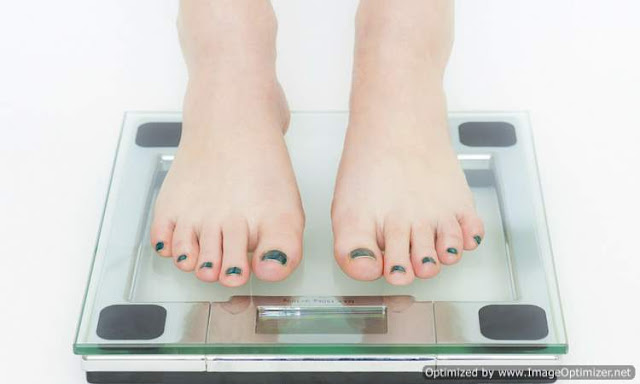Weigh yourself or do not weigh yourself?
That is the question!
Established 23 years ago, the "No Diet Day" is an occasion to remind everyone of the importance of feeling good about yourself, stretching with your paranoias and anxieties to achieve the perfect body measurements.
Was Mary Evans Young, a former anorexic and founder of "Diet Breakers" to launch this initiative in England, then spread over the years throughout the world.
Evans following the news of a teenage girl of 15 years because impiccatasi considered by some of his peers "chubby", felt that it was important to dismiss the idea disclosed by the media, that to be happy and succeed is necessary be thin and slender.
An ideal that moves away from the concept of "healthy weight", should not aspire to "ideal weight", but rather to a balance of our body that meets energy needs and let us live healthy and as long as possible.
The obsession with weight unfortunately starts from an early age, already to 10 years, where there are many teenagers who decide to go on a diet, with the aim of achieving the standards of beauty offered by fashion shows, tv shows etc.
A phenomenon that only affects women, as you might expect, but instead found in the male.
This is the case of the phenomenon of vigorexia, obsession with a perfect body, affecting 4 out of 10 teens.
Worrying in a media age, where phenomena of undernutrition and malnutrition may represent not only the principle of eating disorder, but also a block in the normal growth of the subject.
According to experts of AIDAP (Italian Association of Eating Disorders and Weight) weight obsession could result from excessive self assessment, dangerous, starting point for any health problems.
The first step to get out of this tunnel is represented to the admission of the problem, and open up a path to help both nutritional level, psychological level, to promote the acceptance of one's own body and awareness of oneself in the right way.
The balance is a crucial point of this topic, representing a "plea of hardship" for many.
The problem mainly concerns when and how to weigh
There are those who get to weigh yourself multiple times within the same day, and those who refuse to step on the scale for too scared.
The excesses in this sense are always negative, and represent the beginning of a problem, which should not be underestimated.
Weigh yourself is important to monitor the status of our health but, as often happens, it is important to be a rule.
For example, if you followed a path from a dietary nutrition specialist (nutritionist, dietitian, dietician) should only weigh yourself during the visit.
In the home there is a rate considered optimal, but it is important to understand what factors make our weight fluctuate, even within the same day.
The amount of water in the body varies in 12:0 am, even can also swing 2 kg.
These changes depend on the equililbrio between sodium and extracellular water, in part because of so-called retention.
An excess sodium cause such as increased fluid retention.
The intestinal contents influence weight.
In a fictitious, but for example after a binge will be useless because it would weigh the foods just introduced.
The consglio is to weigh yourself in the morning when you wake up, after emptying the bladder, or weigh yourself at the same time and more or less in the same condition standards.
Another factor that influences the weight is muscle glycogen levels, it will be possible to notice a weight gain after intense physical activity.
To remain mostly constant over the long term are the mass of internal organs and bones.
At the conclusion of this little analysis of the "weight", it should be noted that each of us has its own authenticity and beauty, which must not be undermined by the opinion and suggestions of anyone.
We should love our bodies and have the sole objective of health and well-being.
Understanding the mechanisms of our body can be useful to achieve this awareness with more serenity.
